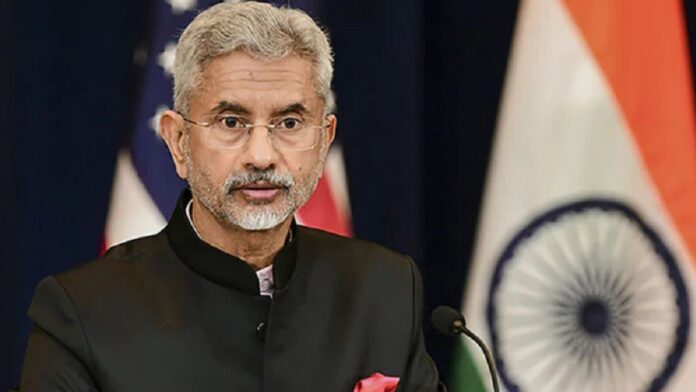September 27, Colombo (LNW): India does not aim to control the internal political dynamics of its neighbouring countries including Sri Lanka, but relies on the region’s inherent interdependence to maintain positive and constructive relationships, said External Affairs Minister S. Jaishankar. Speaking at an event in New York,
Jaishankar emphasized that while India has its preferences, it understands that each nation will navigate its own political landscape, and Delhi remains focused on fostering economic cooperation in South Asia.
This statement comes at a time when political changes in both Bangladesh and Sri Lanka have raised concerns about the future of their ties with India.
In Bangladesh, mass protests against the Sheikh Hasina government have led to a regime change, while Sri Lanka has recently seen the rise of a new political leader, Anura Kumara Dissanayake of the Janata Vimukthi Peramuna (JVP), after elections.
These developments have sparked discussions about how these countries’ policies will impact their relationship with India.
Regarding Sri Lanka, Jaishankar underscored that India played a key role in stabilizing the country’s economy when it was on the brink of collapse.
He pointed out that India offered aid without imposing political conditions, emphasizing that the country’s assistance was motivated by goodwill and the desire to prevent an economic disaster at its doorstep.
“What happens politically in Sri Lanka is for their politics to work out,” Jaishankar stated, highlighting that India respects the sovereignty of its neighbours. He reiterated that every nation has its dynamics and India does not expect them to align entirely with its interests.
Sri Lanka’s new government, however, brings a level of uncertainty. Although India has engaged with Dissanayake in the past, his previous criticisms of Indian policies have led to apprehensions, particularly in light of China’s ongoing influence in the region.
Nevertheless, Jaishankar remains optimistic about the future of India-Sri Lanka relations, emphasizing that the historical pattern of mutual cooperation will continue to prevail.
Turning to Bangladesh, Jaishankar acknowledged the complex situation there, noting the long-standing ties between India and the Awami League, led by Sheikh Hasina.
The recent protests, which have been driven by opposition to Hasina’s government, have raised concerns in Delhi, especially with the rise of Islamist forces in the country.
India is wary of the potential security risks that instability in Bangladesh could pose, particularly in its northeastern states.
However, Jaishankar expressed confidence that the mutual benefits of cooperation will outweigh any short-term disruptions.
In conclusion, Jaishankar emphasized that India’s foreign policy is centered on reading, anticipating, and responding to changes in the region. Despite the challenges, he remains confident that India’s relationships with its neighbours will remain “positive and constructive,” rooted in shared interests and historical ties.


